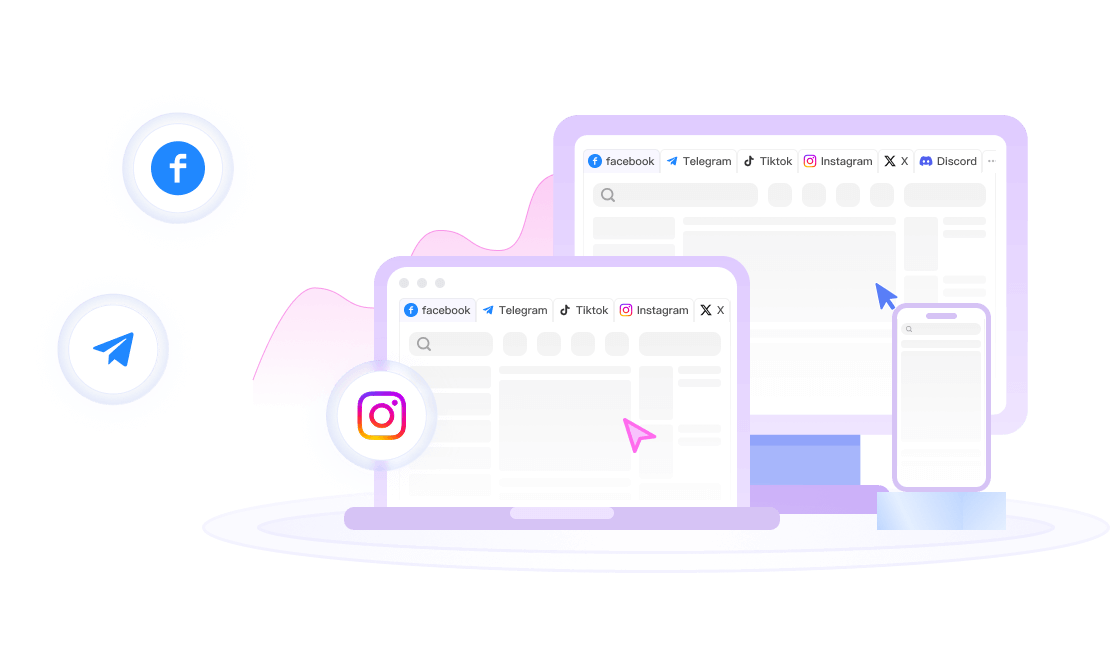What is Pixelscan.net and Why Does It Matter?
In today’s digital world, protecting online anonymity is increasingly challenging. Websites and platforms identify you not just by your IP address but also through a more sophisticated technique known as browser fingerprinting. Pixelscan.net is a powerful online tool designed specifically to test whether your browser environment is truly anonymous and if you’re at risk of being tracked.
In short, Pixelscan examines your connection, browser settings, and device parameters to provide a comprehensive score. A low score or a “FAIL” status means your online identity is easily identifiable and trackable, posing a significant risk for users who manage multiple accounts or are privacy-conscious.
10 Frequently Asked Questions (Q&A) about Pixelscan.net
To help you better understand this tool, we’ve prepared 10 common questions and answers.
1. Q: What exactly does Pixelscan.net detect?
A: Pixelscan performs multi-dimensional checks, primarily including:
- IP Address Analysis: Whether you are using a Proxy, VPN, or Tor, and if the IP is on a blacklist.
- Browser Fingerprint: Includes User-Agent, screen resolution, fonts, plugins, Canvas fingerprint, and WebGL fingerprint.
- WebRTC Leaks: Checks if your real IP address is being exposed via WebRTC, even when using a proxy.
- Environment Consistency: Verifies if your IP address location, system timezone, and browser language are consistent. Inconsistencies are a major red flag for bot-like behavior.
2. Q: Why is my Pixelscan score “FAIL”?
A: The most common reasons are detected “inconsistencies” or “risks.” For example, you’re using a VPN, but your browser language or system timezone still matches your real location. Or, the proxy IP you’re using is identified as a datacenter IP instead of a residential one. Websites view these as suspicious signals.
3. Q: What is a “Browser Fingerprint” and why is it important?
A: A browser fingerprint is a unique combination of information from your browser and device. Just like a real-world fingerprint, websites can use this unique “print” to identify and track you, even if you don’t log in or clear your cookies. It is the core technology behind modern user tracking and account linking.
4. Q: What is a “WebRTC Leak”? Should I be worried?
A: WebRTC is a technology for real-time audio and video communication between browsers. A side effect is that, in some cases, it can bypass your proxy or VPN and expose your real IP address. If you value your anonymity, this is a serious vulnerability that needs to be fixed.
5. Q: Pixelscan says my proxy is detected. What does that mean?
A: It means Pixelscan has identified your IP address as originating from a known proxy provider or datacenter, not from a typical residential user. Many major websites (like Google, Facebook, Amazon) restrict or ban access from these IPs because they are often used for automated activities.
6. Q: How can I get a 100% “PASS” score?
A: To achieve a perfect score, your entire browser environment must appear like that of a “normal, real” user. This means:
- A clean IP address, preferably residential.
- Browser fingerprint parameters (fonts, resolution, etc.) must match those of mainstream users.
- Timezone, language, and IP geolocation must be consistent.
- No WebRTC leaks.
7. Q: Can I pass the test using Chrome’s “Incognito Mode”?
A: No. Incognito Mode only prevents your browser from saving history and cookies locally. It does nothing to change or hide your browser fingerprint and cannot stop advanced tracking techniques. Your fingerprint in Incognito Mode is nearly identical to your fingerprint in normal mode.
8. Q: Can a regular VPN help me pass Pixelscan?
A: Usually not. A VPN can change your IP address, but it cannot modify your browser fingerprint. If your fingerprint (e.g., system fonts, language settings) doesn’t match the location of your VPN server, this inconsistency is easily detected by Pixelscan.
9. Q: Who needs to worry about passing Pixelscan tests most?
A:
- Multi-Account Managers: People in social media marketing or e-commerce who need to prevent platforms from linking and banning their accounts.
- Digital Marketers: Need to simulate user environments from different regions for ad campaigns and data analysis.
- Privacy Advocates: Individuals who want to minimize their online footprint.
- Cybersecurity Researchers: When testing the anonymity and security of a network environment.
10. Q: Is there a reliable way to pass Pixelscan and similar detection systems?
A: Yes. A VPN or proxy alone is not enough. You need a professional tool to manage your entire browser environment. This is where “fingerprint browsers” or “anti-detect browsers” come into play.
As we’ve learned from the Q&A, the key to perfectly passing Pixelscan’s detection is to create a completely consistent and untraceable browser environment. Configuring all of this manually is extremely difficult and prone to errors.
This is precisely why FlashID was created.
FlashID is a professional fingerprint browser that allows you to easily solve all the issues revealed by Pixelscan:
- Create Isolated Browser Environments: You can create a completely separate browser profile for each account. The cookies, cache, and fingerprint of each profile are isolated, preventing any link between accounts.
- Customize Browser Fingerprints: FlashID lets you customize every fingerprint parameter, including but not limited to User-Agent, screen resolution, Canvas, WebGL, fonts, audio context, and more. You can instantly generate a 100% realistic device fingerprint from anywhere in the world.
- Smart Environment Matching: When you set up a proxy IP, FlashID can automatically set the browser’s timezone, language, and geolocation to match the IP, perfectly resolving the “inconsistency” issue.
- Built-in Security: FlashID prevents WebRTC leaks at a fundamental level, ensuring your real IP address is never exposed.
With FlashID, you can easily create dozens or hundreds of browser environments, each capable of achieving a near-perfect score on Pixelscan.net. This not only protects your privacy but is also an essential tool for multi-account operators to prevent account bans.
If you’re struggling with passing environment detection, give FlashID a try and experience the next generation of browser environment management.
You May Also Like
